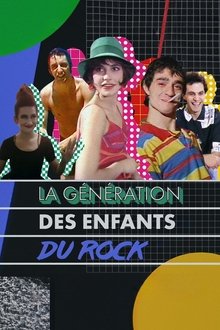After the Stonewall riots and at the height of the gay liberation movement in America, an entire generation were busy celebrating their newfound emancipation, unaware of an impending epidemic. A disease that seemed determined to wipe out an entire generation of gay men, was largely ignored by politicians and the mainstream media. Gaetan Dugas was a French-Canadian flight attendant, who offered to help early scientific research into the origins of AIDS. An unfortunate series of events followed and he would be vilified as Patient Zero, the man who gave us AIDS.
Related Movies
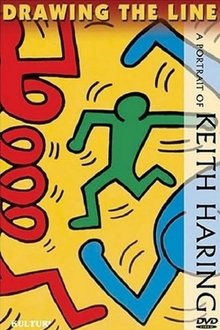
Drawing the Line: A Portrait of Keith Haring (1989)
Short documentary about artist Keith Haring, detailing his involvement in the New York City graffiti subculture, his opening of the Pop Shop, and the social commentary present in his paintings and drawings.
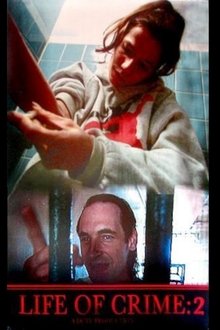
Life of Crime 2 (1998)
This follow-up to the 1989 documentary ONE YEAR IN A LIFE OF CRIME revisits three of the original subjects in New Jersey during a five-year period in the 1990s. We share in their triumphs and setbacks as they navigate lives of poverty, drug abuse, AIDS, and petty crime.
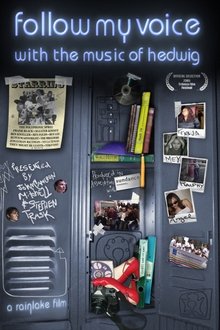
Follow My Voice: With the Music of Hedwig (2006)
One record producer, the creators of "Hedwig and the Angry Inch" and top indie rock artists come together to create a tribute album benefiting the Hetrick-Martin Institute, home of the Harvey Milk School- the first accredited high school in the country for LGBTQ youth. "Follow My Voice: With the Music of Hedwig" weaves the compelling, courageous stories of four students at this controversial school with a unique chronicle of the yearlong creation of "Wig in a Box," the album whose songs poignantly echo these teens' struggles and aspirations. Through a dramatic and vibrant combination of verite documentation, student video diaries and rare in-studio scenes of artists recording tracks, "Follow My Voice" offers a powerful and poignant look at this unlikely intersection of youth, gender and rock. Includes studio sessions from Yoko Ono, Rufus Wainwright, The Bens, The Breeders, Yo La Tengo, John Cameron Mitchell, They Might Be Giants and more.
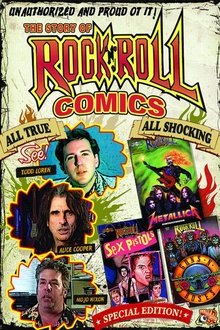
The Story of Rock 'n' Roll Comics (2011)
Todd Loren, whose scandalous series of unauthorized comic book biographies of rock stars enraged and sometimes charmed his subjects, provoked numerous lawsuit threats from the likes of Bon Jovi, Guns N Roses and Skid Row, and eventually led to a landmark First Amendment case, all before he was savagely murdered in 1992. Includes first hand accounts from many of the artists and writers who were inspired and exploited by Loren, along with interviews with Alice Cooper, Mojo Nixon and more.
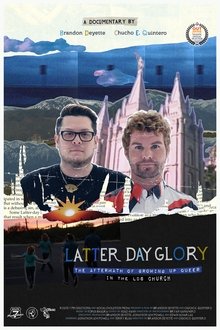
Latter-Day Glory: The Aftermath of Growing Up Queer in the LDS Church (2025)
In this re-worked and expanded version of the original 2018 film, two queer ex-Mormon missionaries embark on a transformative journey across America, uncovering the devastating effects of religious dogma on LGBTQ+ members and former members of the LDS Church, as a single, intimate conversation –spanning from childhood to adulthood– unfolds over the course of seven chapters.
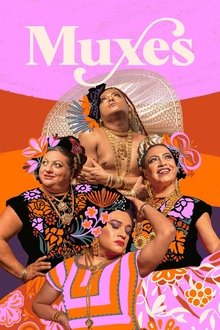
Muxes (2022)
Highlighting the unique culture of the Zapotec people of Oaxaca, Mexico, this groundbreaking documentary chronicles the lives of those who identify as muxes, a widely recognized third gender.
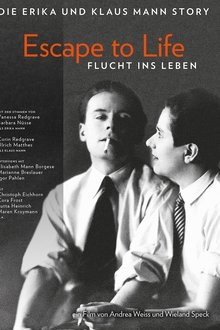
Escape to Life: The Erika and Klaus Mann Story (2001)
This documentary contains dramatized episodes about the lives of Erika and Klaus Mann, the brilliant children of German writer Thomas Mann.
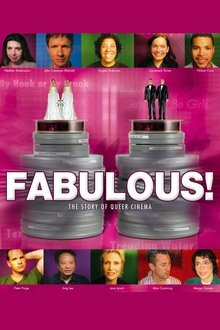
Fabulous! The Story of Queer Cinema (2006)
A chronological look at films by, for, or about gays and lesbians in the United States, from 1947 to 2005, Kenneth Anger's "Fireworks" to "Brokeback Mountain". Talking heads, anchored by critic and scholar B. Ruby Rich, are interspersed with an advancing timeline and with clips from two dozen films. The narrative groups the pictures around various firsts, movements, and triumphs: experimental films, indie films, sex on screen, outlaw culture and bad guys, lesbian lovers, films about AIDS and dying, emergence of romantic comedy, transgender films, films about diversity and various cultures, documentaries and then mainstream Hollywood drama. What might come next?
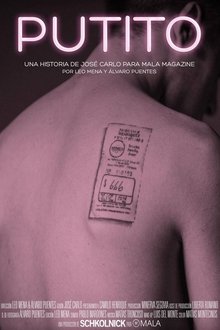
Putito (2014)
Putito is a production with no specific genre, where reality and fiction blend through a testimony written by José Carlos Henríquez - a feminist activist and male prostitute who plays himself in the project. Available in a censored and uncensored version.
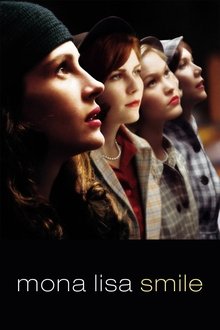
Mona Lisa Smile (2003)
Katherine Watson is a recent UCLA graduate hired to teach art history at the prestigious all-female Wellesley College, in 1953. Determined to confront the outdated mores of society and the institution that embraces them, Katherine inspires her traditional students, including Betty and Joan, to challenge the lives they are expected to lead.

LGBTs no regime militar (2018)
In 1980, the first march of gays, lesbians and transvestites took place in Brazil in protest against the constant police operations that took place in São Paulo, which aimed to repress these groups. Based on Renan Quinalha's doctoral thesis, “Against morality and good customs: the sexual politics of the Brazilian dictatorship (1964-1988)”, carried out by the Institute of International Relations, a series of four 5 minute videos about the birth of the LGBT movement during the Military Regime.
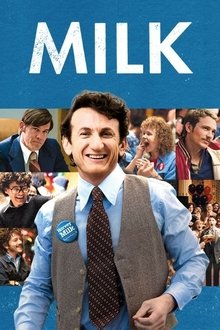
Milk (2008)
The true story of Harvey Milk, the first openly gay man ever elected to public office. In San Francisco in the late 1970s, Harvey Milk becomes an activist for gay rights and inspires others to join him in his fight for equal rights that should be available to all Americans.
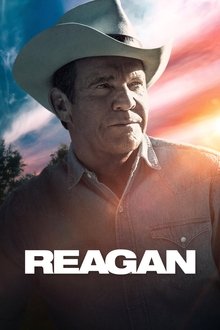
Reagan (2024)
Told through the voice of former KGB agent Viktor Petrovich, whose life becomes inextricably linked with Ronald Reagan's when Reagan first caught the Soviets’ attention as an actor in Hollywood, Reagan overcomes the odds to become the 40th president of the United States.
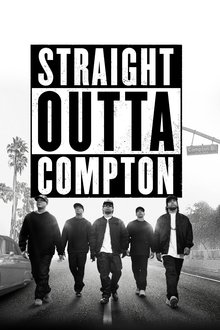
Straight Outta Compton (2015)
In 1987, five young men, using brutally honest rhymes and hardcore beats, put their frustration and anger about life in the most dangerous place in America into the most powerful weapon they had: their music. Taking us back to where it all began, Straight Outta Compton tells the true story of how these cultural rebels—armed only with their lyrics, swagger, bravado and raw talent—stood up to the authorities that meant to keep them down and formed the world’s most dangerous group, N.W.A. And as they spoke the truth that no one had before and exposed life in the hood, their voice ignited a social revolution that is still reverberating today.
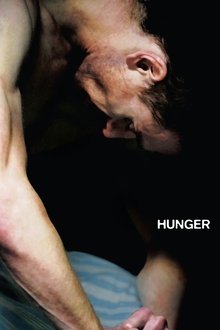
Hunger (2008)
The story of Bobby Sands, the IRA member who led the 1981 hunger strike during The Troubles in which Irish Republican prisoners tried to win political status.
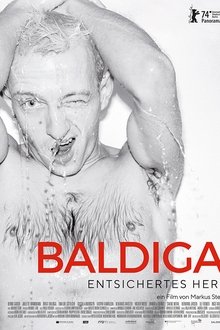
Baldiga: Unlocked Heart (2024)
Using diary excerpts, photographs and memories from companions, the film paints the portrait of the artist Jürgen Baldiga who sensitively and authentically captured the West Berlin queer scene of the 1980s and early 1990s with his camera.
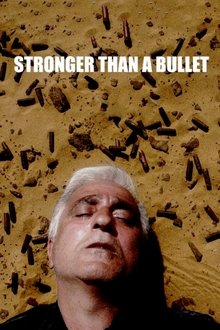
Stronger Than a Bullet (2017)
Iran, January 16th, 1979. Shah Mohammad Reza Pahlavi flees after being overthrown. Ayatollah Khomeini returns to Tehran and proclaims the Islamic Republic on April 1st, 1979. In the same year, Saddam Hussein seizes power in Iraq and, after several border skirmishes, attacks Iran on September 22nd, 1980, initiating a cruel war that will last eight years. Since its outbreak, correspondent Saeid Sadeghi documented it from its beginning to its bitter end.

Dionne Warwick: Don't Make Me Over (2021)
The story of the iconic singer's fascinating six-decade career in both music and Black and LGBTQ activism.
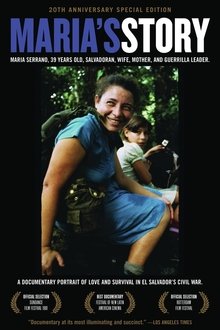
Maria's Story (1991)
It is El Salvador, 1989, three years before the end of a brutal civil war that took 75,000 lives. Maria Serrano, wife, mother, and guerrilla leader is on the front lines of the battle for her people and her country. With unprecedented access to FMLN guerrilla camps, the filmmakers dramatically chronicle Maria's daily life in the war.
